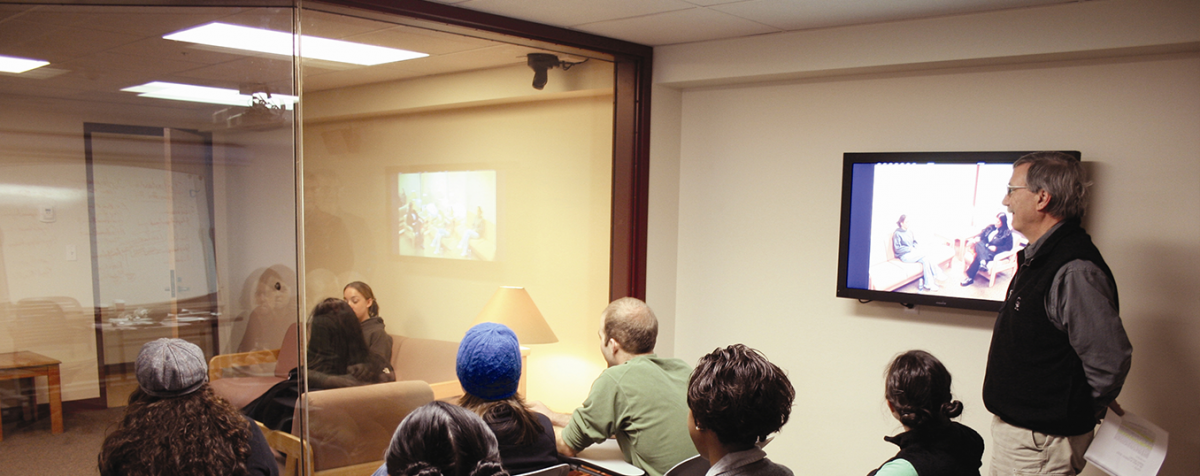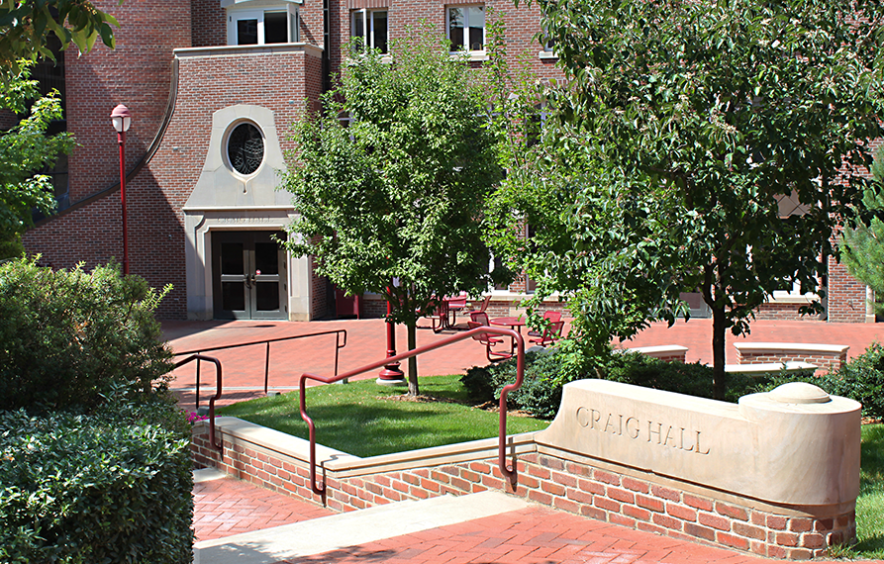Are you interested in working from a family systems perspective with clients in a variety of direct-service, private-practice and family-policy settings? A master’s degree in social work with a specialization in Family Systems Practice prepares you for a career in family systems and family therapy.
Family Systems techniques can be applied to working with individuals, couples, families, organizations, constituencies and communities. Training will help you evaluate social systems for bias and cultural responsiveness in a wide variety of settings, including mental health and family services agencies, child welfare, legal systems, schools, treatment centers, private practice and community social service agencies. As you develop an awareness of the systems and assessments that create power imbalances and oppression, you’ll reflect on your personal bias and positionality, cultural bias, assumptions, values and affective reactions that may influence your relationship with families.
The Family Systems Practice Pathway includes focus areas such as:
- Clinical Focus: Prepare to work as a therapist, case manager, juvenile case worker, adoption social worker or parenting coach, for example.
- Health & Wellness focus: Prepare to apply your knowledge of family systems as a wellness or behavioral health coach, medical social worker or case manager, for example.
- Public Impact Focus: Prepare for a career as a policy analyst, program manager, research associate, public educator or community organizer, for example.
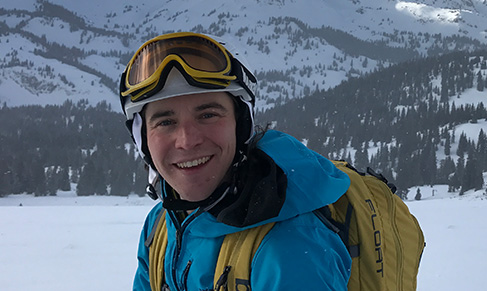
Featured Faculty
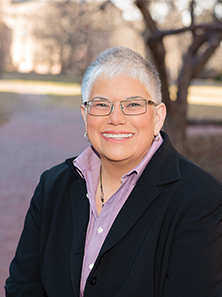
Deb Marie Ortega
Professor and Director, University of Denver Latino Center for Community Engagement and Scholarship
Learn More
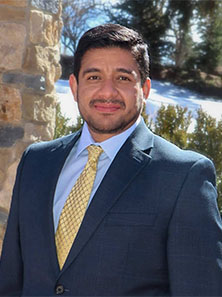
Application Information
Upcoming Start Term: Winter 2026 Denver Campus MSW Program
